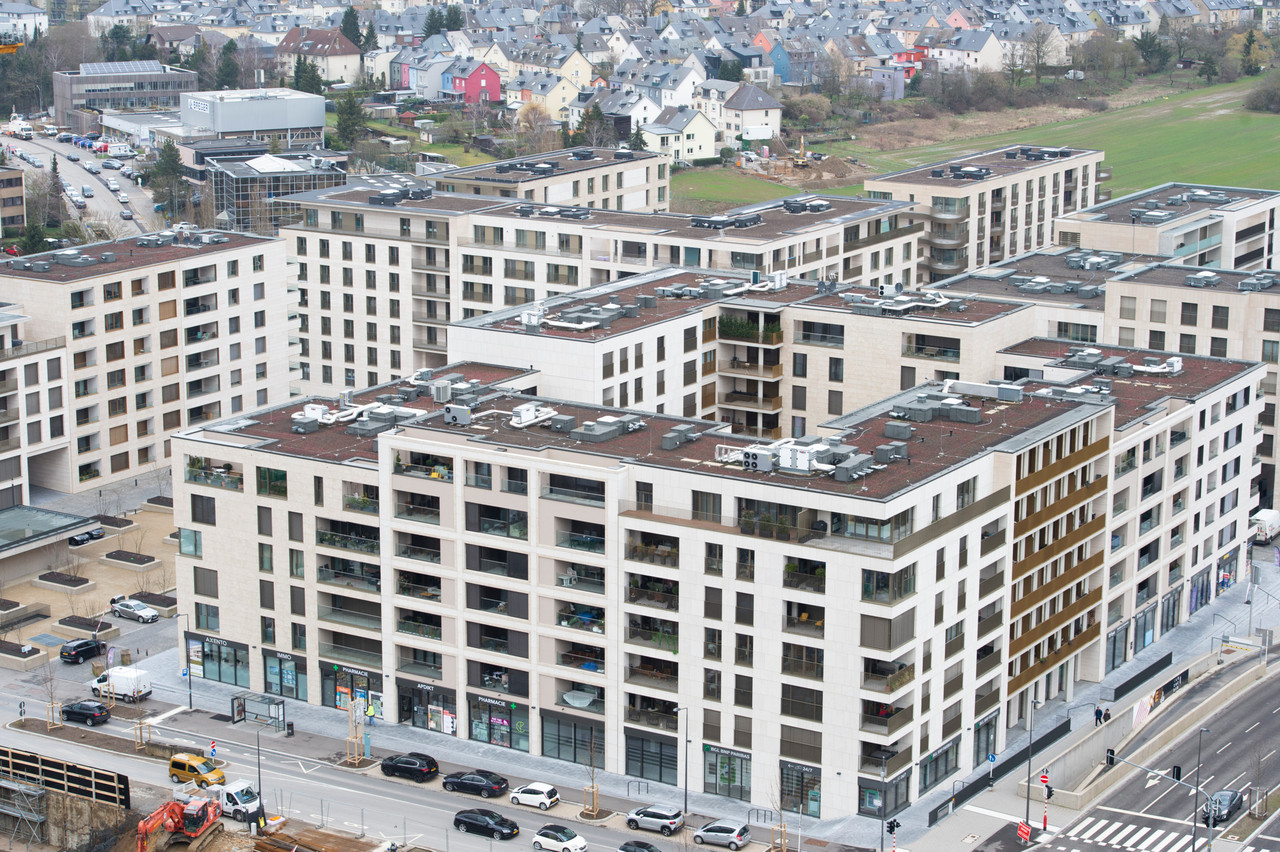Advertised rents for apartments rose 8% last year with the cost of renting a house increasing 6.9%, according to , a monitoring body for prices in the housing sector.
In Luxembourg City, the increase was even more marked at 10.1% to rent a flat. It now costs to rent an average property in Luxembourg City, an increase of 107% over ten years.
“To reduce the lack of living space in Luxembourg, apartments that are unlet for more than three months should be forcibly rented out by the administration,” the states.
The rent should be used initially to refurbish or make any repairs that the property might need. Once these are complete the rent would go to the owner. A public administration managing the forced letting would guarantee rent and deposit payments. Rent should be set at the legal maximum amount, the petition states.
Such a policy would help use vacant property and refurbish old housing units.
The petition is open for signature until 23 May and if more than 4,500 people sign it, it must be debated with lawmakers and government representatives. Anyone aged 15 or over with a Luxembourg social security number can sign a petition online.
Vacant property tax
A report on the rental sector by the National Economic and Social Council (NESC) in Ireland recommended similar reforms to the Irish government in February this year. Rents increased more than 80% between 2010 and 2022, data by Eurostat shows. In the grand duchy, rents increased by less than 20% over the same time, although purchase prices rose at a much higher rate.
The NESC said the government should consider a Danish-style model, whereby, if an owner moves home and doesn’t sell their property, they must rent it out. If it stands empty for more than six weeks, owners must report it to the municipality, which will then find tenants.
Ireland at the start of 2023 introduced a vacant homes tax, which applies to residential properties that are occupied for fewer than 30 days in a 12-month period.
Luxembourg is still working on introducing such a tax as part of . If a property is empty for more than six months, an annual tax of €3,000 will be levied, which increases by €900 per year to reach a maximum of €7,500.
A 2008 law allowed communes to raise taxes on homes that have been unoccupied for 18 months, but only eight communes put in place such a levy: Beckerich, Bettendorf, Diekirch, Esch-sur-Alzette, Esch-sur-Sûre, Redange, Roeser and Winseler.
One of the problems is missing data, such as the number of housing units at an address. For the national tax to be introduced a register of buildings is being set up, which will assign a number to each housing unit. When people register or de-register, this will allow communes to keep track not only of their address but also the specific apartment in case of a building with multiple units.
State incentive
To help occupy vacant units, the government has also increased benefits for owners who sign their properties up for a social rent programme.
Under this scheme, the state exempts three quarters of the rent from tax and takes the property off the owners’ hands via a partner agency, which finds tenants who pay rent below market value.
There are 39 partners to manage the letting of the homes. These include charities such as the Femmes en détresse women’s shelter and the Stëmm vun der Strooss homeless organisation but also several communes and social services offices.
A total of 1,177 homes are let via the scheme, which the government spent €1.6m on last year.
